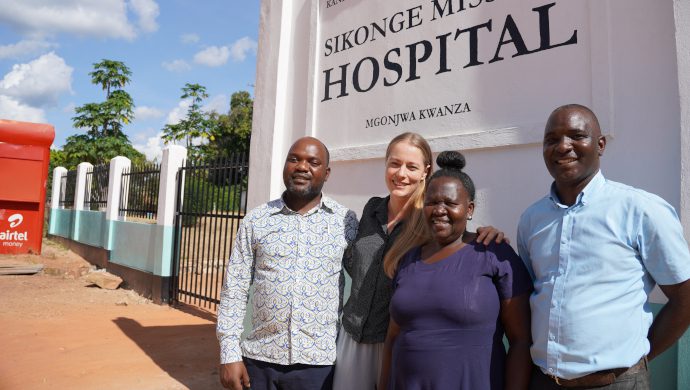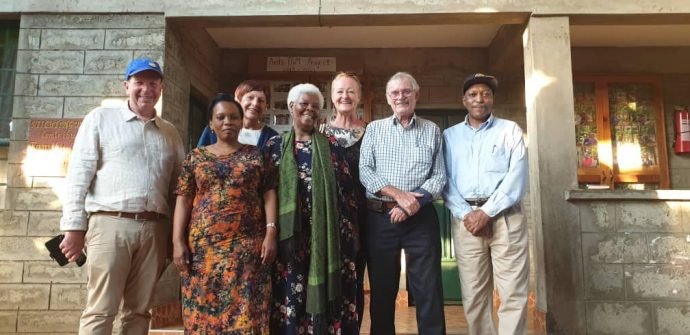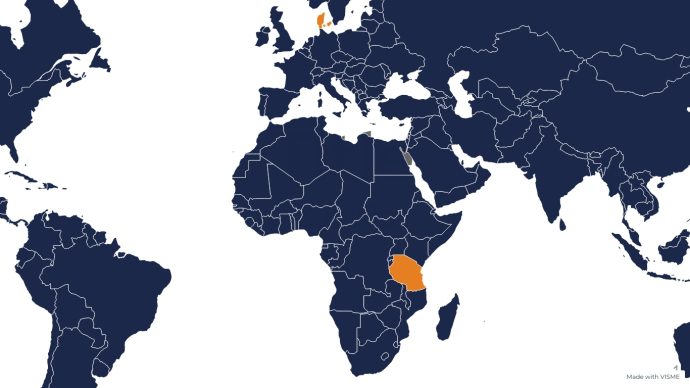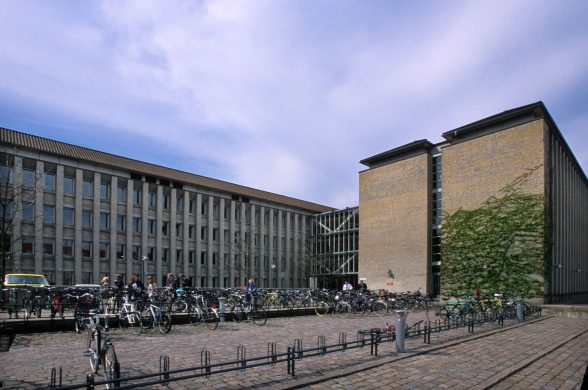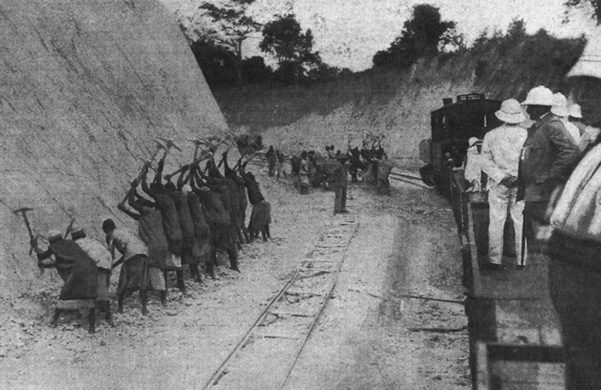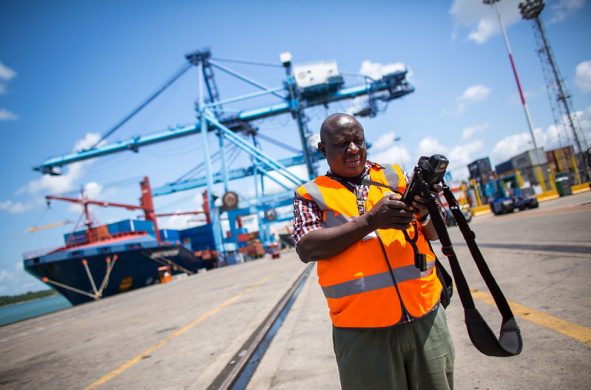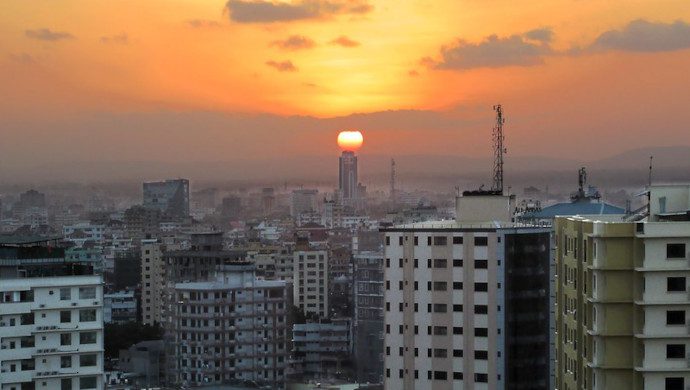ROME, 17 June 2016 (IFAD): Representatives of thirteen international development agencies working in agriculture and rural development in Tanzania looked at local responses to El Niño impacts during their annual field visit in the Dodoma region from 15 to 17 June 2016.
Known collectively as the Development Partners Agriculture Working Group (AWG), Irish Aid, Japan International Cooperation Agency (JICA), European Union, Canada, Swiss Development Cooperation, Bill & Melinda Gate Foundation, World Bank, AGRA, African Development Bank, United Nations Development Programme (UNDP), World Food Programme (WFP), United Nations Food and Agriculture Organization (FAO) and International Fund for Agricultural Development (IFAD) participated in the field visit.
Every year, Agriculture DPs organize field visits to specific areas in the country to discuss and learn together about agriculture development and challenges. In the past few years, DPs have visited the Southern highlands, Tabora, Northen zone and Zanzibar Islands.
Devastating El Nino
This year’s visit came at a time when many East and Southern African countries, including Tanzania, are facing the effects of climate change and recent weather phenomenon such as El Niño.
Dodoma region in particular is one of six regions severely affected by El Niño together with Arusha, Mara, Morogoro, Mwanza, and Shinyanaga.
According to FAO in Tanzania, heavy rains attributed to El-Niño have caused floods in six assessed regions of the country affecting more than 25,000 households. This has had severe repercussions on the livelihood of the affected population who have lost crops, agricultural inputs and tools, animals, pasture land, income as casual labourers, in addition to household property.
While in the field, participants obtained first-hand knowledge regarding local responses to challenges associated with food security, flood and drought preparedness, and implementation of district agriculture development plans.
In addition, participants met with Charles John Tizeba, Minister of Agriculture Livestock and Fisheries and his staff to review progress in the formulation of the forthcoming second phase of the Agriculture Sector Development Programme and discuss public financing for the agriculture sector.
The Development Partners Agriculture Working Group (AWG)
- In line with the current development cooperation framework which calls for harmonised support to the United Republic of Tanzania, Development Partners who are active and interested in supporting the development of the agriculture sector formed the Development Partners (DPs) Agriculture Working Group.
- The AWG is part of the larger Tanzania’s development partner group (DPG). It focuses on promoting coherence and consistency in development assistance to the agricultural sector (including crops, livestock, fisheries and marketing) through coordination of development partner’s support to the sector with a view of achieving harmonization, promoting coordinated policy dialogue and reducing transaction costs for both development partners and the Government of Tanzania.
- The AWG focuses on policy dialogue, fostering partnerships, and sharing information to enhance sector coordination and promote collaboration and special joint initiatives to support cross cutting issues and agriculture sector linkages to key national processes. The AWG meets once a month and its work is supported by a data base/ DP matrix containing the range of activities supported by each DP in the agriculture sector.
- In order to promote coordination, DP members of the AWG strive to abide to a set of common principles including: Ownership and leadership, unity, accountability, consistency, inclusiveness, transparency, effectiveness, operational coordination and compatibility.
- The AWG membership is open to all bilateral and multilateral development partners as well as foundations and other regional and international organizations supporting activities in the agricultural sector in Tanzania (both mainland and Zanzibar). The current chair and co-chair of the AWG are IFAD and FAO respectively.
90 procent af Tanzanias fattige bor på landet – se mere på
http://www.ruralpovertyportal.org/country/home/tags/tanzania
IFAD invests in rural people, empowering them to reduce poverty, increase food security, improve nutrition and strengthen resilience.
Since 1978, the fund have provided about 17.7 billion US dollar in grants and low-interest loans to projects that have reached some 459 million people.
IFAD is an international financial institution and a specialized United Nations agency based in Rome – the UN’s food and agriculture hub.
Se mere om IFAD i Tanzania på http://operations.ifad.org/web/ifad/operations/country/home/tags/tanzania


